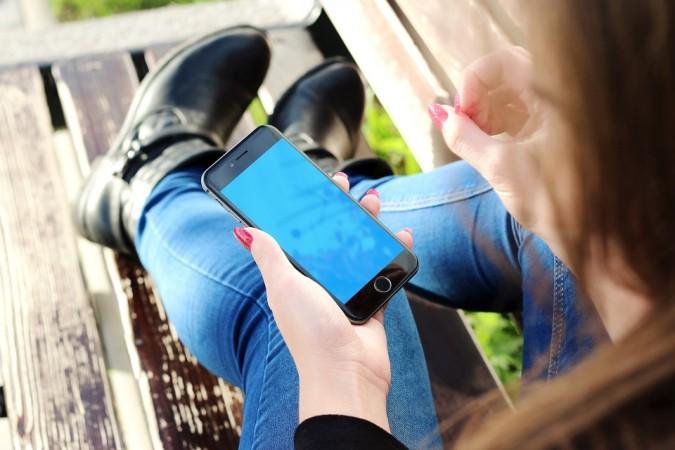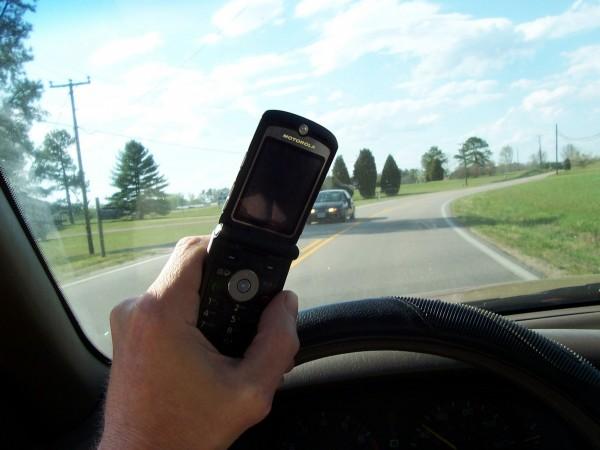
Most of the times smartphones are an extension of our daily lives. Mobile phones are no longer limited to calls and texts, as they are powerful enough to carry out banking requests, conduct video conferences, host entertainment sessions like movies and games, and even capable of being host devices for augmented reality, virtual reality, and artificial intelligence.
While all these sound incredibly advanced and useful in our daily lives, the department of California's public health (CDPH) has issued a warning against the hazards of cell phone radiation. This topic has been debated on several occasions with no clear conclusions, but the CDPH has asked people to lower their use of mobile devices and keep them at a distance whenever possible.
"Although the science is still evolving, there are concerns among some public health professionals and members of the public regarding long-term, high use exposure to the energy emitted by cell phones," CDPH Director and State Public Health Officer Dr. Karen Smith, said in a statement on Wednesday. "We know that simple steps, such as not keeping your phone in your pocket and moving it away from your bed at night, can help reduce exposure for both children and adults."

Use of cell phones is no longer limited to adults, as children rely on them for entertainment and educational use. But the perils of using cell phones at a tender age can have a long term impact on their health, warns CDPH.
"Children's brains develop through the teenage years and may be more affected by cell phone use," said Dr Smith. "Parents should consider reducing the time their children use cell phones and encourage them to turn the devices off at night."
According to the report, cell phones emit RF energy, which is used to emit and receive signals. Even though there isn't consensus on the matter, some scientists have warned these frequencies can have an impact on human health over a long period.

The Federal Communications Commission hasn't stated a standard safety limit on the objective limits for safe exposure, but CDPH recommends:
Keeping the phone away from the body by not carrying it in pockets all the time
Reducing cell phone use when the signal is weak ie two or less bars
Reducing the use of cell phones to stream audio or video, or to download or upload large files
Keeping the phone away from the bed at night
Removing headsets when not on a call
Avoiding products that claim to block radio frequency energy. These products may actually increase your exposure
Avoiding use in fast-moving vehicles or trains, which causes the phone to emit more RF energy to maintain connection

"The cellphone manufacturers want you to keep a minimum distance away from your body and you should find out what that distance is," UC Berkeley professor Joel Moskowitz who researched into the use of mobile phones increasing the risk of tumors, said according to TechCrunch. "If you keep the device by your body you will exceed the safety limits provided by the FCC."
Prevention is certainly better than cure.

















